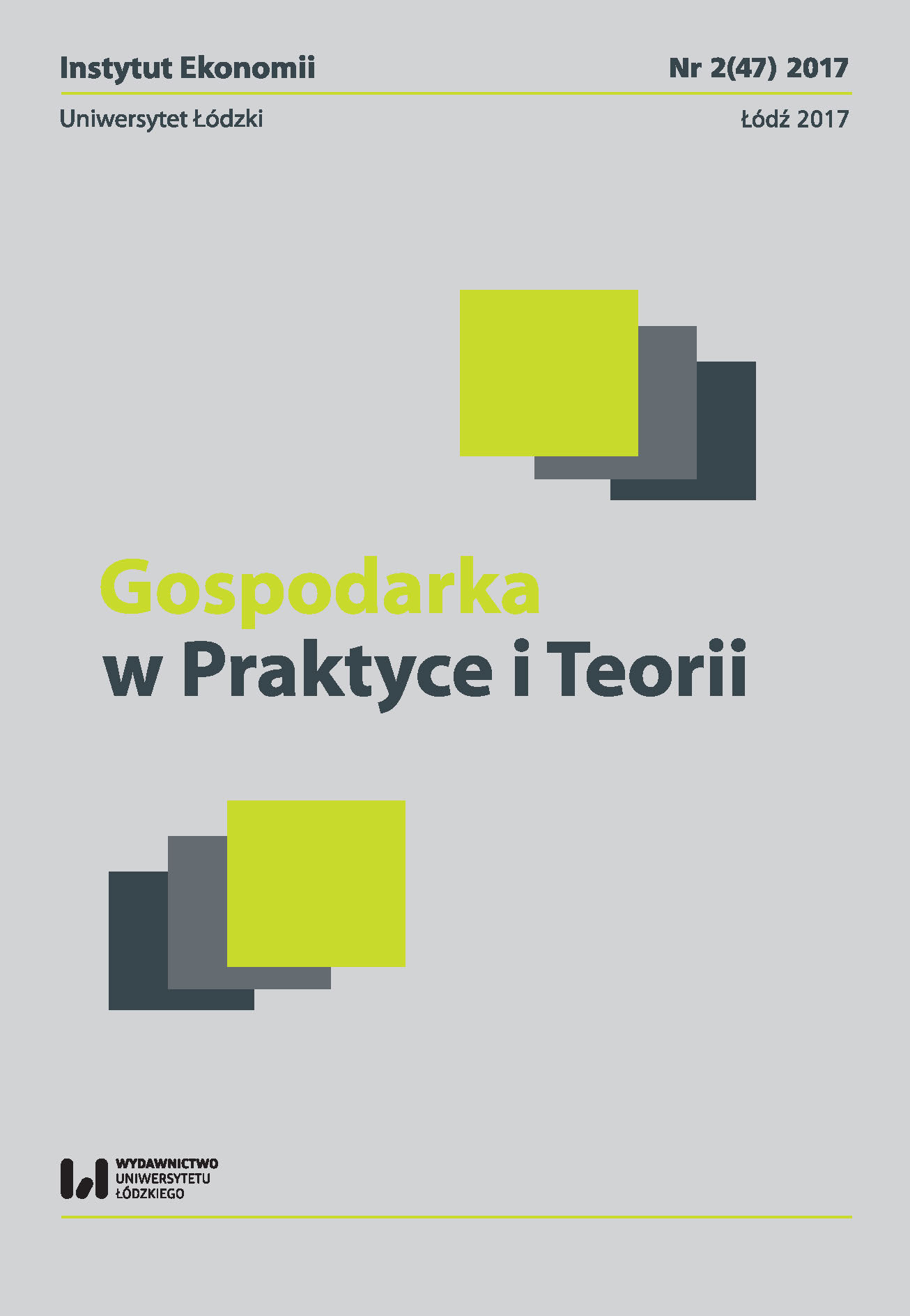The Role of Stereotypes in the Perception of Place and the Identity of Inhabitants in Revitalization Process
DOI:
https://doi.org/10.18778/1429-3730.47.01Keywords:
perception, identity, stereotypes, housing, revitalizationAbstract
The influence of stereotypes on the process of perception is widespread. Its importance, particularly regarding the perception of problematic space, is considerable. It is accompanied by a few additional mechanisms, such as projections, errors and effects associated. Their identification and ability to minimize their impact on the perception are the key challenges to deal effectively with this type of perceptual distortion. This paper presents the basic mechanisms of the impact of stereotypes on the processes of perception and the results of field studies reflecting described regularities. The main objective is to identify the mechanisms present in social perception of revitalized areas and the ability to cope with their negative consequences.
References
Bartoszek A., Gruszczyński L.A., Szczepański M.S., Miasto i mieszkanie w społecznej świadomości: katowiczanie o Katowicach, Śląsk, Katowice 1997.
Google Scholar
Bernaciak A., Percepcja przestrzeni miejskiej – uczestnicy procesu i ich rola w przestrzeni, „Studia Periegetica” 2014, 2 (12), s. 13–24.
Google Scholar
Bernaciak A., Portret społeczny – narzędzie diagnostyczne na potrzeby tworzenia programu rewitalizacji, [w:] Problemy i uwarunkowania samorządności terytorialnej, red. I Kłóska, Wyższa Szkoła Ekonomiczno-Humanistyczna, Bielsko-Biała 2015, s. 165–186.
Google Scholar
Jałowiecki B., Percepcja przestrzeni Warszawy, „Studia Regionalne i Lokalne” 2000, nr 2 (2), s. 79–100.
Google Scholar
Kuć-Czajkowska K.A., Nierówności społeczne w przestrzeni Warszawy, [w:] Nierówności społeczne a wzrost gospodarczy w kontekście spójności społeczno-ekonomicznej, red. M.G. Woźniak, Katedra Teorii Ekonomii i Stosunków Międzynarodowych Uniwersytetu Rzeszowskiego, Rzeszów 2008, s. 193–210.
Google Scholar
Lewicka M., Identyfikacja z miejscem zamieszkania mieszkańców Warszawy: determinanty i konsekwencje, [w:] Społeczna mapa Warszawy. Interdyscyplinarne studium metropolii warszawskiej, red. J. Grzelak, T. Zarycki, Wydawnictwo Naukowe Scholar, Warszawa 2004, s. 273–315.
Google Scholar
Mackenbach J.D. et al., Exploring why residents of socioeconomically deprived neighbourhoods have less favourable perceptions of their neighbourhood environment than residents of wealthy neighbourhoods, „Obesity Reviews” 2016, nr 17 (S1), s. 42–52.
Google Scholar
Majer A., Duże miasta Ameryki – „kryzys” i polityka odnowy całości, Wydawnictwo Uniwersytetu Łódzkiego, Łódź 1997.
Google Scholar
Siordia C., Saenz J., On the Relationship Between Neighborhood Perception, Length of Residence and Co-Ethnic Concentration, „Applied Spatial Analysis and Policy” 2013, nr 6 (4), s. 267–284.
Google Scholar
Szkurłat E., Psychologiczne i kulturowe uwarunkowania percepcji środowiska, [w:] Percepcja współczesnej przestrzeni miejskiej, red. M. Madurowicz, WGiSR UW, Warszawa 2007, s. 63–72.
Google Scholar
Ustawa z dnia 9 października 2015 r. o rewitalizacji, Dz.U. z 2017, poz. 1023.
Google Scholar
Wojciszke B., Wiedza jednostki i sądy o świecie społecznym, [w:] Psychologia, red. J. Strelau, t. 3, Gdańsk 2010, s. 27–45.
Google Scholar








